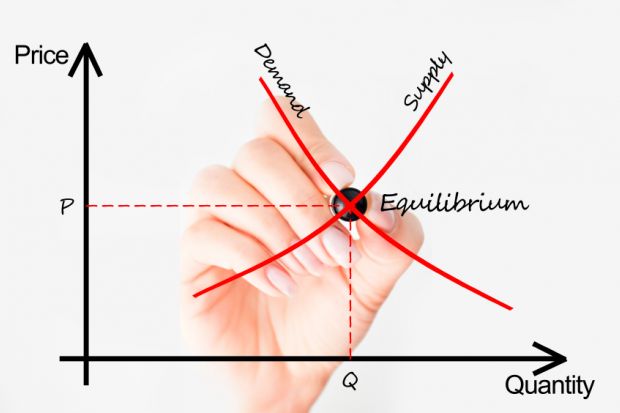In 2014, a report by the Post-Crash Economics Society at Manchester University offered “an analysis of the failings in economics education and set out a road map for reform”.
By focusing on the neoclassical paradigm and marginalising alternative perspectives, it argued, economics education “stifle[d] innovation, damage[d] creativity and suppresse[d] constructive criticisms that are so vital”, while the study of ethics, politics and history was “almost completely absent from the syllabus”.
So have economics courses become any more fit for purpose over the past two years?
To answer that question, the International Student Initiative for Pluralism in Economics (ISIPE) – consisting of over 100 university groups in 30 countries – carried out a survey of 350 bachelor’s degrees to assess how pluralistic they are.
The results are being presented at a press conference and panel discussions on “Economics education in the 21st century”, taking place in Paris on 26 March.
The broad picture is clear – and largely confirms concerns which have been expressed by students in the UK and round the world. Regardless of the country in which they are taught, economics degrees are highly mathematical, adopt a single narrow perspective and put little emphasis on historical context, critical thinking or real-world applications.
Mathematics, statistics and management make up an average of over 35 per cent of course content, while economic history and contemporary issues such as inequality and the environment comprise only 10.5 per cent of subject content.
Many have argued that the economics profession needs to take a long, hard look at itself in the light of the 2008 banking crisis. Yet the kind of reflexive learning that provides contextualisation and evaluation of economic theory is currently almost absent from degree courses, featuring in only 2.5 per cent of modules, according to the research.
“The study confirms crucial dimensions of our demands for pluralism in economics,” said Arthur Jatteau, international coordinator for the survey. “Particularly shocking is the low ratio of reflexive subjects. It is time for universities to step up with their efforts for pluralising economics curricula.”
Register to continue
Why register?
- Registration is free and only takes a moment
- Once registered, you can read 3 articles a month
- Sign up for our newsletter
Subscribe
Or subscribe for unlimited access to:
- Unlimited access to news, views, insights & reviews
- Digital editions
- Digital access to THE’s university and college rankings analysis
Already registered or a current subscriber? Login




